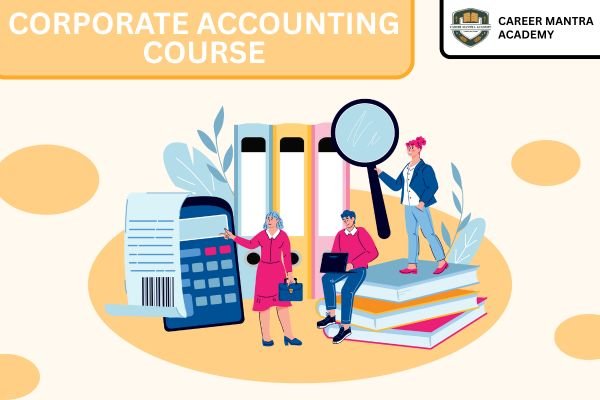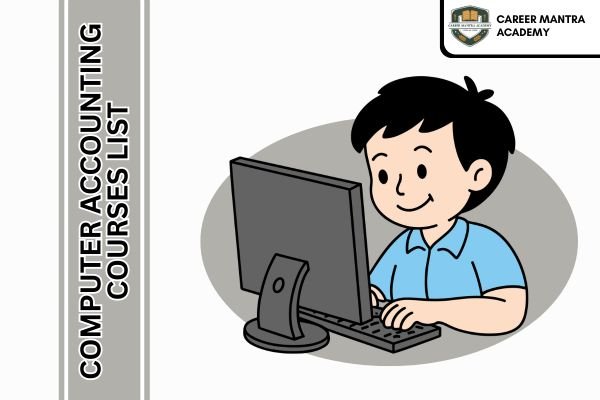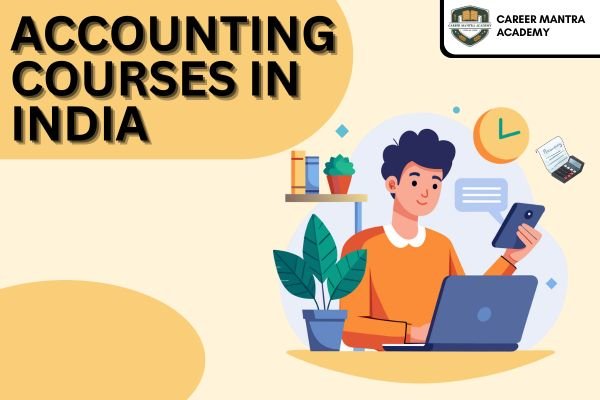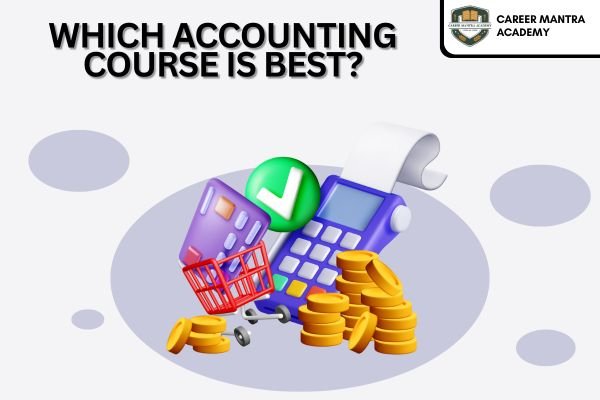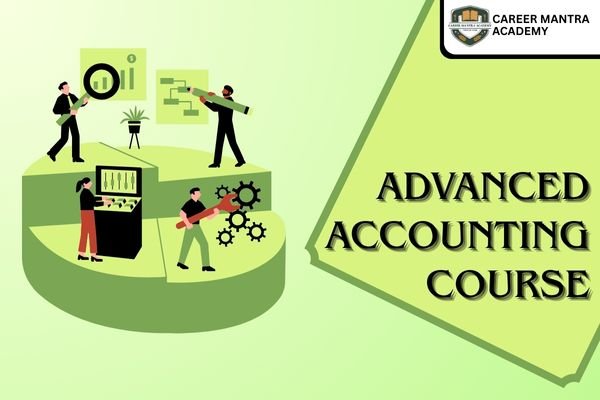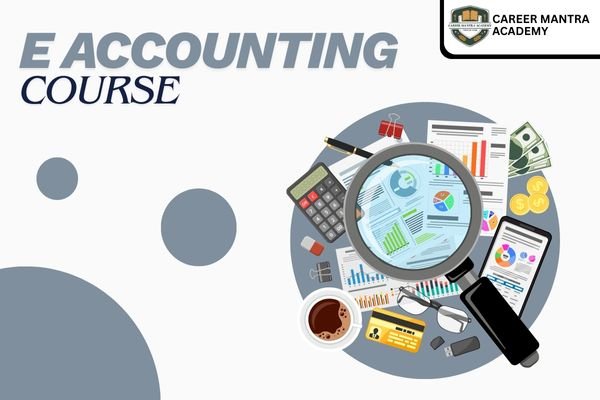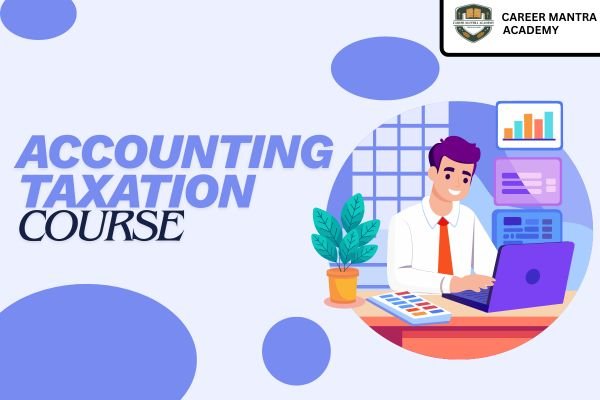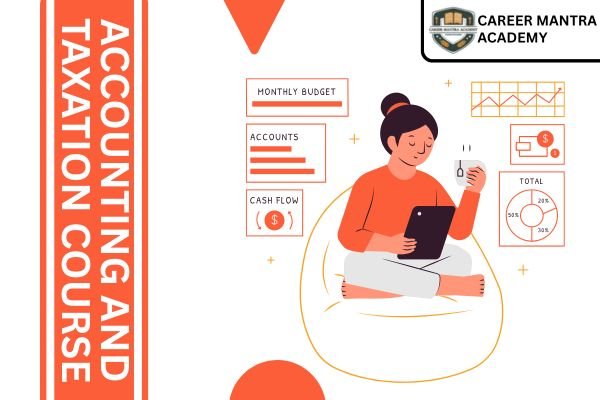Full Details About Chartered Accountant Course: A Best Guide for Student After 12th
Full Details About Chartered Accountant Course For Applying Accountancy Course Click Here… What Is the Chartered Accountant (CA) Course? The Chartered Accountant (CA) course is a professional accounting qualification offered by the Institute of Chartered Accountants of India (ICAI). It focuses on building strong knowledge in accounting, taxation, auditing, finance, and business laws. The CA course is divided into three main levels: CA Foundation, CA Intermediate, and CA Final, along with mandatory articleship training. It prepares students to manage financial records, ensure legal compliance, and provide expert financial advice to organizations. Known for its high standards and credibility, the CA course opens doors to respected and well-paid careers in India and abroad across various industries. Who Is a Chartered Accountant and What Do They Do? A Chartered Accountant (CA) is a qualified financial professional who specializes in accounting, auditing, taxation, and financial management. They help individuals, businesses, and organizations manage their finances accurately and comply with legal and tax regulations. Chartered Accountants prepare financial statements, conduct audits, file income tax and GST returns, and offer financial planning and advisory services. They also assist in budgeting, cost control, and business decision-making. CAs work in corporate companies, audit firms, banks, government departments, or as independent practitioners. Due to their expertise and ethical standards, Chartered Accountants play a vital role in ensuring financial transparency and stability. Why Should You Choose the Chartered Accountant Course? You should choose the Chartered Accountant (CA) course if you are looking for a prestigious, challenging, and rewarding career in finance and accounting. The CA qualification is highly respected in India and internationally, offering excellent career growth and job stability. It provides in-depth knowledge of accounting, taxation, auditing, and financial management, making you a trusted financial expert. The course also offers diverse career options in corporate sectors, public practice, banking, and government roles. With strong earning potential and professional recognition, the CA course is ideal for students who are dedicated, analytical, and career-focused. Who Is Eligible for the CA Course in India? In India, students who have passed Class 12 (10+2) from a recognized board are eligible to enroll in the Chartered Accountant (CA) course through the CA Foundation route. Students from any stream—Commerce, Science, or Arts—can apply, although Commerce students may find the subjects more familiar. Graduates and postgraduates in Commerce with specified minimum marks, and non-Commerce graduates with higher required marks, can directly register for the CA Intermediate level through the Direct Entry Scheme. Candidates must also meet ICAI’s registration requirements and complete mandatory training and examinations. What Are the Different Levels of the CA Course? The Chartered Accountant (CA) course is structured into three main levels designed to build a student’s knowledge step by step, from basic concepts to advanced professional expertise. Each level plays an important role in shaping a competent and ethical Chartered Accountant. Below is a detailed explanation of the different levels of the CA course. The CA course in India, conducted by the Institute of Chartered Accountants of India (ICAI), consists of the following three levels: Each level has its own eligibility criteria, subjects, exam pattern, and learning objectives. 1. CA Foundation CA Foundation is the entry-level examination for students who wish to pursue the Chartered Accountant course after completing Class 12. This level focuses on building a strong base in accounting, business concepts, and quantitative aptitude. Key Highlights of CA Foundation: Subjects Covered in CA Foundation: Exam Pattern: Importance of CA Foundation: CA Foundation prepares students for the higher levels of the CA course by strengthening their conceptual understanding. It develops analytical thinking, problem-solving skills, and basic financial knowledge, which are essential for succeeding in CA Intermediate and CA Final. 2. CA Intermediate CA Intermediate is the second level of the CA course and is considered more detailed and challenging. Students can enter this level either after clearing the CA Foundation or through the Direct Entry Scheme for eligible graduates and postgraduates. Key Highlights of CA Intermediate: Subjects Covered in CA Intermediate: Group I: Group II: Exam Pattern: Articleship Training: After clearing either one or both groups of CA Intermediate, students are required to undergo articleship training. This is a practical training period under a practicing Chartered Accountant, where students gain real-world experience in auditing, taxation, accounting, and compliance work. Importance of CA Intermediate: CA Intermediate forms the backbone of the CA course. It helps students develop professional skills, practical knowledge, and a deeper understanding of business laws and taxation, which are crucial for professional practice. 3. CA Final CA Final is the last and most advanced level of the Chartered Accountant course. It focuses on developing expert-level knowledge, professional judgment, and ethical standards required to become a qualified Chartered Accountant. Key Highlights of CA Final: Subjects Covered in CA Final: Group I: Group II: Exam Pattern: Importance of CA Final: CA Final transforms students into industry-ready professionals. It tests not only technical knowledge but also ethics, strategic thinking, and problem-solving ability. Clearing this level qualifies a student to become a member of ICAI and use the title Chartered Accountant. How Long Does It Take to Complete the CA Course? The Chartered Accountant (CA) course generally takes 4.5 to 5 years to complete if a student clears all exams on the first attempt. This duration includes passing the CA Foundation, CA Intermediate, and CA Final, along with 3 years of mandatory articleship training. Students can begin the course after Class 12 through the Foundation route, while graduates can enter directly at the Intermediate level, which may slightly reduce the total time. However, since the CA exams are challenging, the actual duration may vary depending on the number of attempts taken to clear each level. What Subjects Are Covered in the CA Course? The Chartered Accountant (CA) course covers a wide range of subjects that provide in-depth knowledge of accounting, taxation, finance, auditing, and business laws. The subjects are structured level-wise to help students progress from basic concepts to advanced professional expertise. Below is a detailed, point-wise explanation of subjects covered


